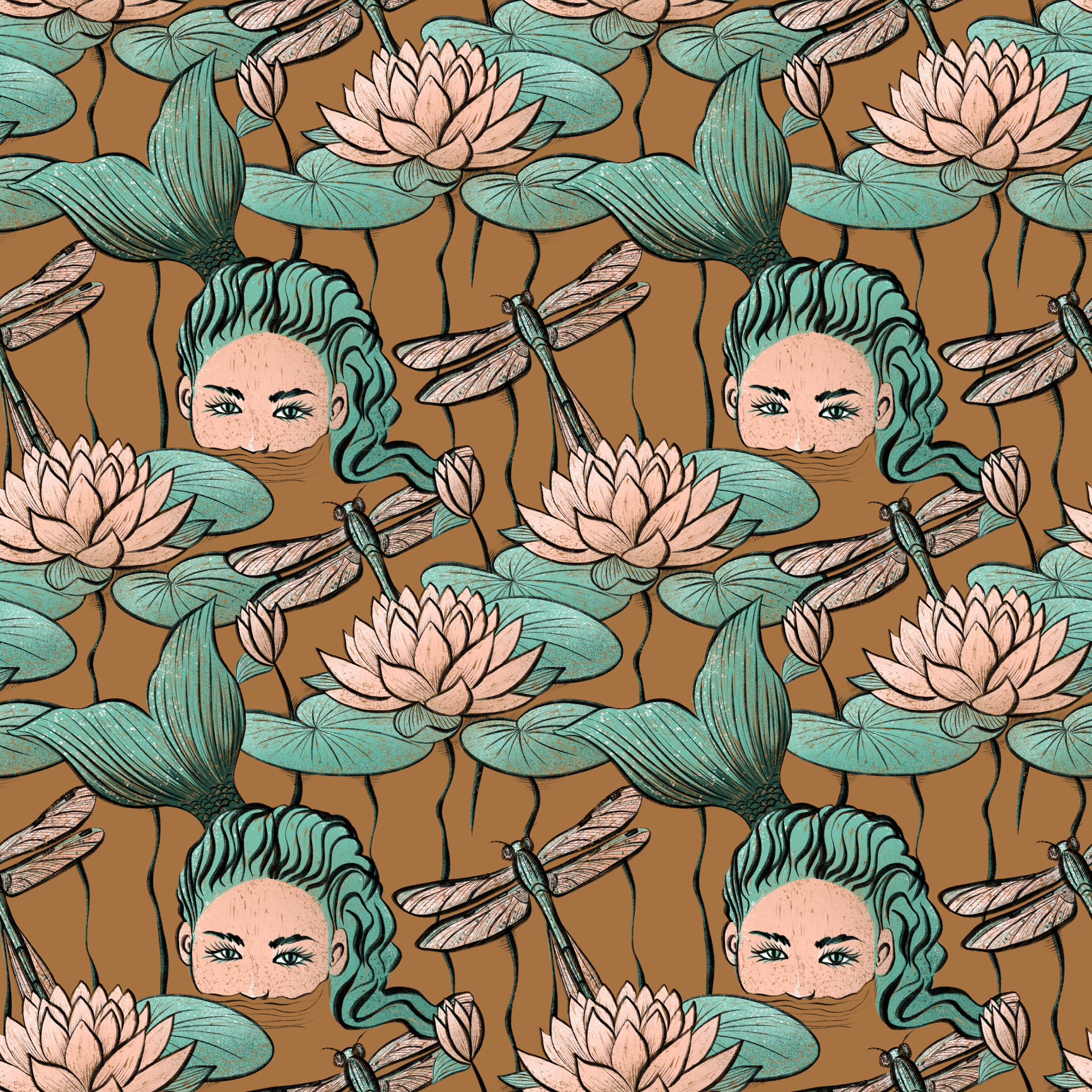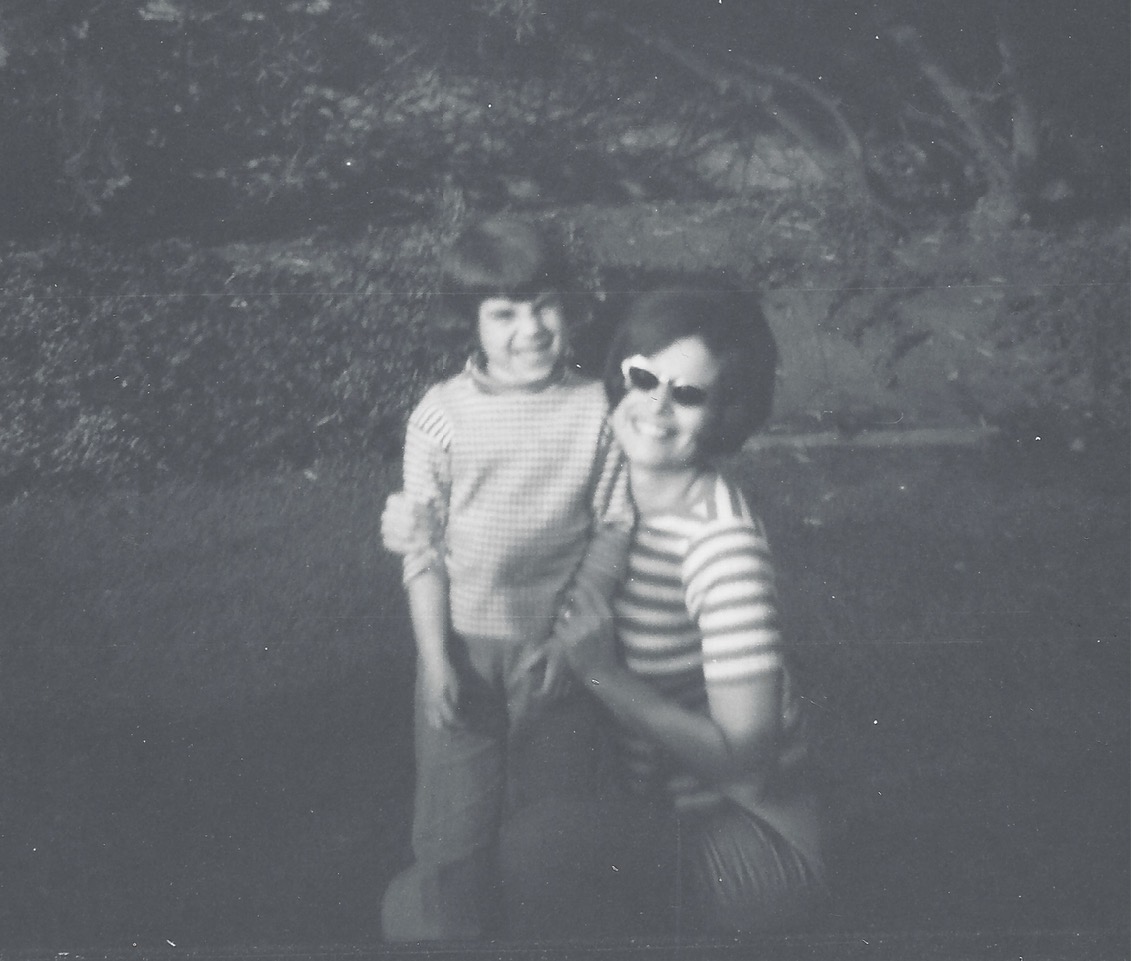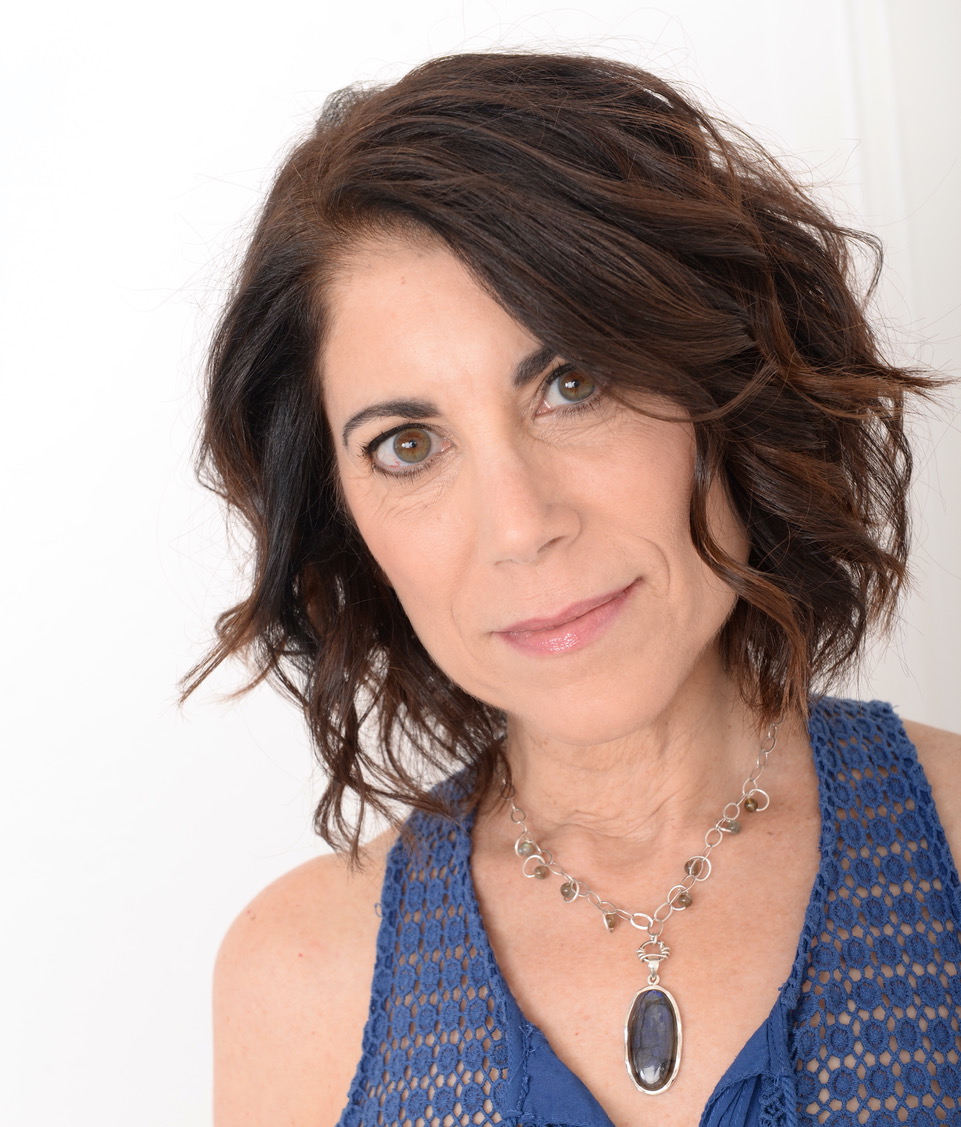
My daughter calls to tell me my aunt has died,
and I’m not invited to the funeral.
by Elya Braden
Belonging is a straitjacket
and I’m no Houdini, only a cup
of discarded teeth
and double-jointed nails.
When I was nine, I believed
a bed made by 6 am
could untangle me.
For a dime a piece, I ironed
my father’s handkerchiefs,
but doors unlocked behind me
and sneakers refused
to stay tied until
I was all windows.
I counted the mermaids
on the bathroom wall
like rosary beads. I counted
on the dawn to solve for y.
I counted the stuffed animals
I tucked as talismans around
my sleeping sister.
I counted backwards
from 100. I colored
between the lines.
When I say mother, soap
bubbles from my mouth.
I become bathtub and she
a pirate, oaring her skiff
with a wooden spoon,
rough from its labors.
Silence a rope dangling
from night’s ceiling,
crickets my last defense
against the knot.
Or, my mother is a faultline
and I am a broken
ATM on the wrong side
of Tuesday. Or, she is
a covered wagon, carrying
my sister and her sister
across the prairie,
and I am a blade of grass
bent under her wheel,
bones by the side
of the road.
I could play this game
all day, but I’ll still be
flotsam in the Rio Grande
while she is America
flushing her storm drains.
After 10 years, I’ve learned
to speak in scissors, to say
family and mean strangers.
Once I was a poem. Now,
I’m a shovelful of dirt
waiting for the grave.
Previously published in Prometheus Dreaming.
IMAGE: Mermaid wallpaper by Mary Nap.

NOTE FROM THE AUTHOR: The incident described in the title was what inspired this poem. When my aunt (my mom’s younger sister) died, I’d been estranged from my mother for several years. Sadly, estrangement runs in our family as my mother had gone through periods of not speaking to her own sister for 5-10 years at a time as well as with other family members and friends, as had my father. When I thought about what family meant to me at the time, I recalled an acting class exercise where we had to move our bodies to reflect how we felt about certain words. The word “belonging” made me feel like I was in strait jacket, and I wrapped my arms around myself in a way that felt smothering. That inspired the first line of the poem which was originally the title. I later realized that the poem needed more context to draw in the reader and added the current title. Many of the images in the poem come from my childhood.
PHOTO: The author as a child with her mother.

ABOUT THE AUTHOR: Elya Braden is a writer and mixed-media artist living in Ventura County, California, and is an editor for Gyroscope Review. She is the author of the chapbooks, Open The Fist (2020) and The Sight of Invisible Longing (2023). Her work has been published in Anti-Heroin Chic, Burningword Literary Journal,, Rattle Poets Respond, Sequestrum, Sheila-Na-Gig Online, The Louisville Review, and elsewhere. Her poems have been nominated for the Pushcart Prize, Best of the Net, and Best New Poets. Visit her at elyabraden.com. Find her on Facebook and Instagram.




